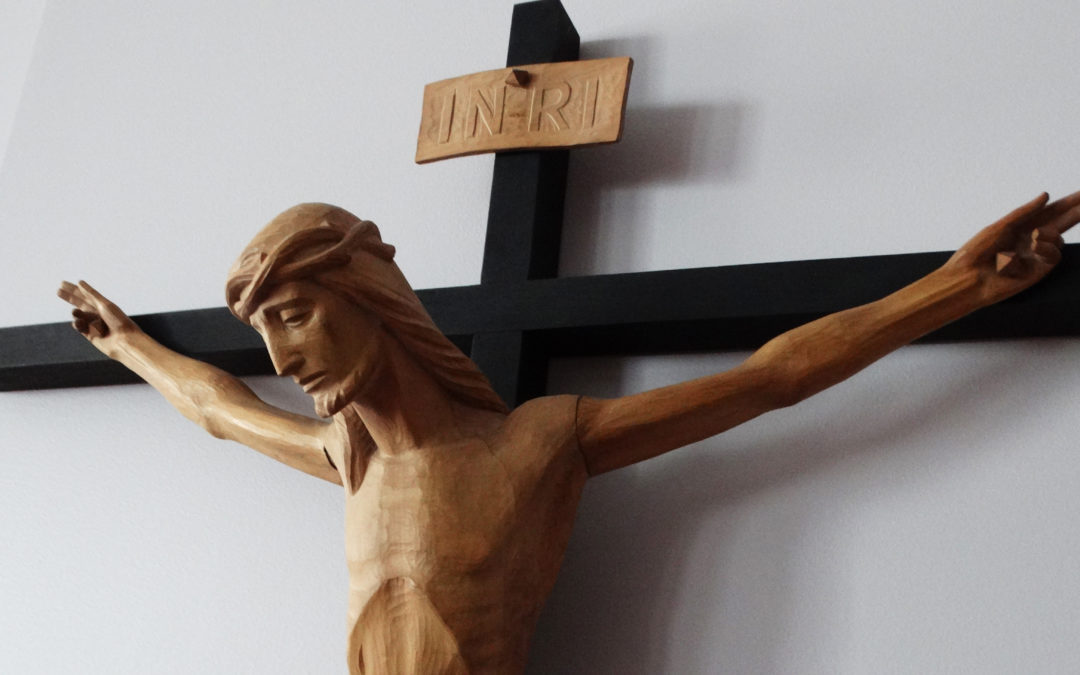By Fr. Dennis Chriszt, C.PP.S.
At first look, the plum tree in our backyard when I was a child
looked like a rotten tree.
But the plums it produced were wonderful to eat.
At harvest time,
my mother would make plum dumplings.
This was one of only two recipes from her Bohemian mother
who died when she was just a child.
I guess she learned both recipes from her older sister
who would have been old enough to learn them
while their mother was still alive.
The plum tree may not have looked very good,
but it was anything but rotten.
The fruit it produced proved that.
When I saw an olive tree for the first time,
it too looked too gnarly to be of any benefit.
None of the wood on the tree—more than a few inches long
—might be straight enough to use for making anything,
but the fruit, the fruit was wonderful.
It just goes to show that one must be careful
how one judges a tree.
The same might be said of other people,
or maybe even of ourselves.
It takes time to wait for the fruit to develop.
It takes patience to wait for the fruit.
It takes wisdom to recognize good fruit from bad fruit.
And when one sees a tree that is unfamiliar,
it is impossible to know good fruit from bad fruit until one tastes it,
and even then,
the taste may be strange just because it is unfamiliar.
What seems like bad fruit might be considered wonderful
by those who recognize it and savor its flavor.
All this might be important as we listen and speak with one another.
We must take the time necessary
to really hear what is being said.
We must know the situation in which it is being said.
We must be patient with ourselves and with others.
We must learn to speak and to listen with wisdom.
Luckily for us,
that wisdom comes from God,
so we can give thanks to the Lord our God.
So much we can learn from a tree.
Fr. Dennis Chriszt, C.PP.S., is the director of interprovincial advanced formation for the Missionaries of the Precious Blood. He also directs Precious Blood Parish Missions (pbparishmissions.org).


